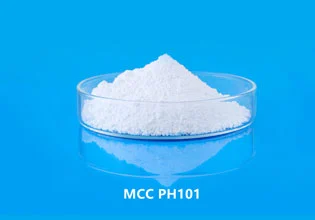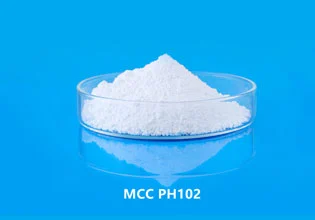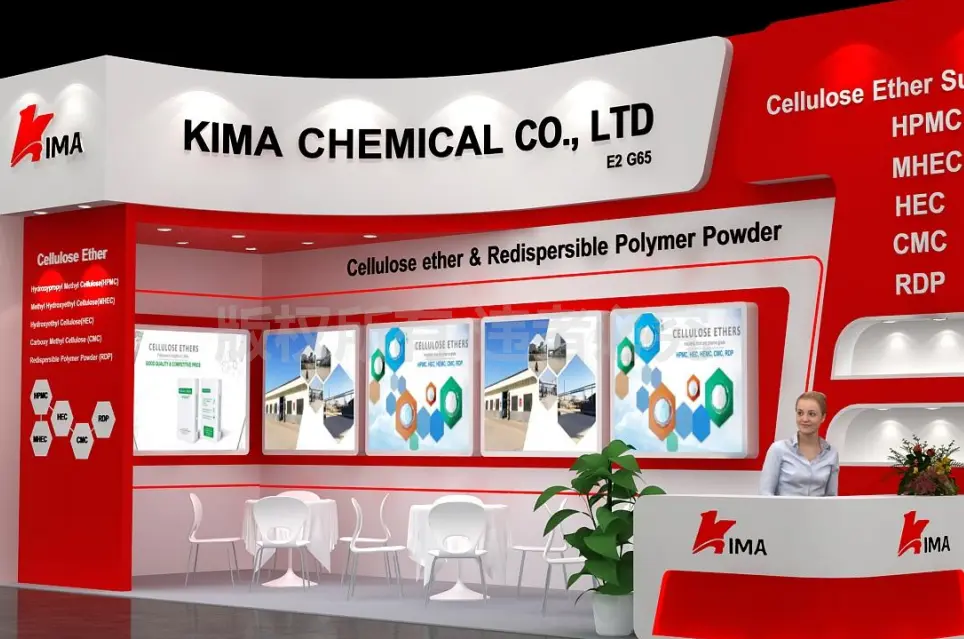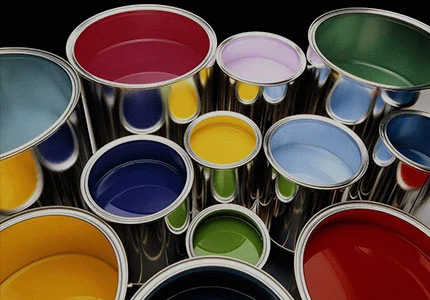What Is Microcrystalline Cellulose Made From
Microcrystalline cellulose (MCC) is a refined wood pulp derivative made primarily from natural cellulose, which is the structural component of plant cell walls. Typically sourced from hardwoods and softwoods, the raw cellulose undergoes a process called partial hydrolysis to remove amorphous regions, leaving behind only the crystalline portions. This purified form of cellulose is what we know as microcrystalline cellulose. It's valued for its fine powder consistency, high compressibility, and chemical stability, making it an essential ingredient in many industries.
The production process of MCC starts with high-quality plant fiber—usually wood pulp—which is treated with mineral acids such as hydrochloric acid. This controlled hydrolysis breaks down the less-structured cellulose regions, leaving a highly crystalline and uniform material. After filtration, purification, and drying, the resulting powder is white, odorless, and tasteless. Thanks to its natural origin and safe profile, MCC is widely used in food, pharmaceutical, and cosmetic products as a binder, stabilizer, bulking agent, and more.
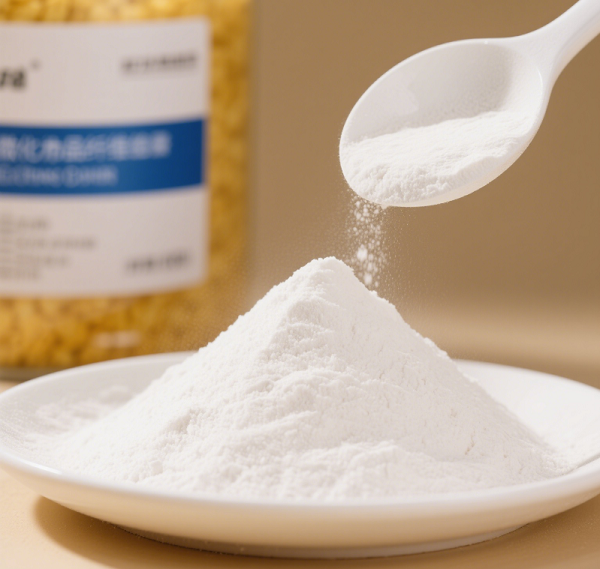
Microcrystalline Cellulose Production Process
Raw Material Selection: High-quality, purified cellulose is sourced—commonly from wood pulp derived from hardwood or softwood trees.
Acid Hydrolysis: The cellulose is treated with diluted mineral acid (usually hydrochloric acid) to selectively break down the amorphous regions while preserving the crystalline parts.
Filtration: The hydrolyzed mixture is filtered to separate the solid crystalline cellulose from the liquid and dissolved impurities.
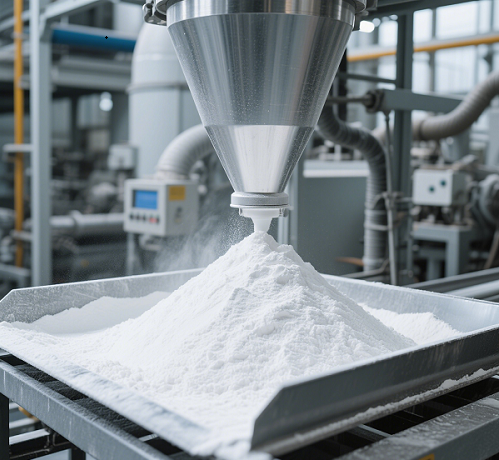

Neutralization and Washing: The solid residue is thoroughly washed and neutralized to remove any remaining acid and soluble byproducts.
Drying: The washed cellulose is then dried to remove moisture and prepare it for final processing.
Milling and Sieving: The dried product is milled into a fine powder and sieved to ensure uniform particle size and texture.
Quality Control: The final product undergoes testing to ensure it meets purity, moisture content, and particle size standards for its intended applications.
What Does Microcrystalline Cellulose Do To The Body?
Microcrystalline Cellulose (MCC) is not digested or absorbed by the human body and passes through the digestive system largely unchanged. It is considered to be a safe and inert ingredient, and is widely used as a bulking agent and filler in food and pharmaceutical products.
In pharmaceutical products, MCC is used as an excipient, which means it is added to a medication to help it maintain its shape, increase its bulk, and aid in the manufacturing process. MCC is generally considered safe and well-tolerated, and it is not known to cause any harmful effects in the body.
In food products, MCC is used as a low-calorie bulking agent and texturizer, and is generally considered safe for consumption. However, some people may experience gastrointestinal discomfort, such as bloating, gas, and diarrhea, when consuming large amounts of MCC. This is because MCC has the ability to absorb water and increase the bulk of stool, which may cause changes in bowel movements.
MCC is generally safe and well-tolerated, and is widely used in the food and pharmaceutical industries as an inert ingredient. However, as with any ingredient, some people may be more sensitive to MCC and may experience adverse effects. It is always important to follow the recommended dosage and to consult with a healthcare provider if you have any concerns about the use of MCC in your diet or medication.
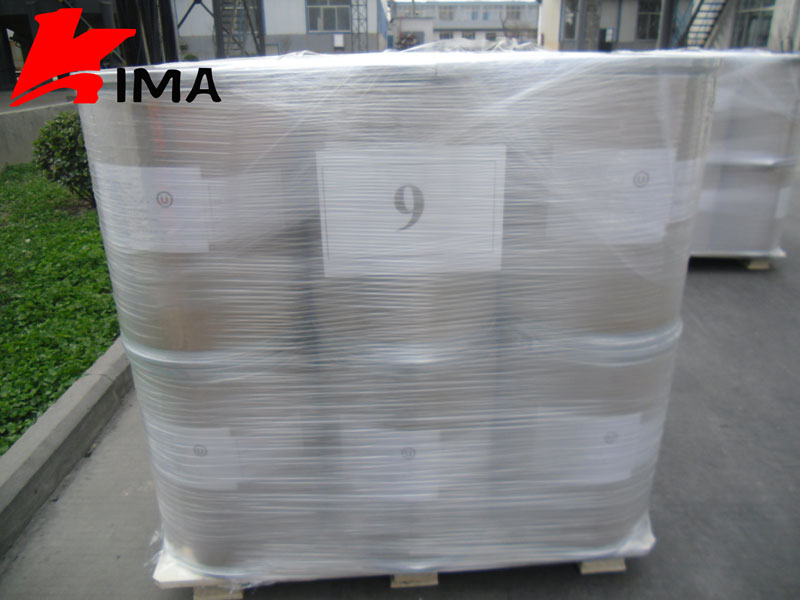
 English
English 日本語
日本語 français
français Deutsch
Deutsch Español
Español italiano
italiano русский
русский português
português العربية
العربية Türkçe
Türkçe Nederland
Nederland

